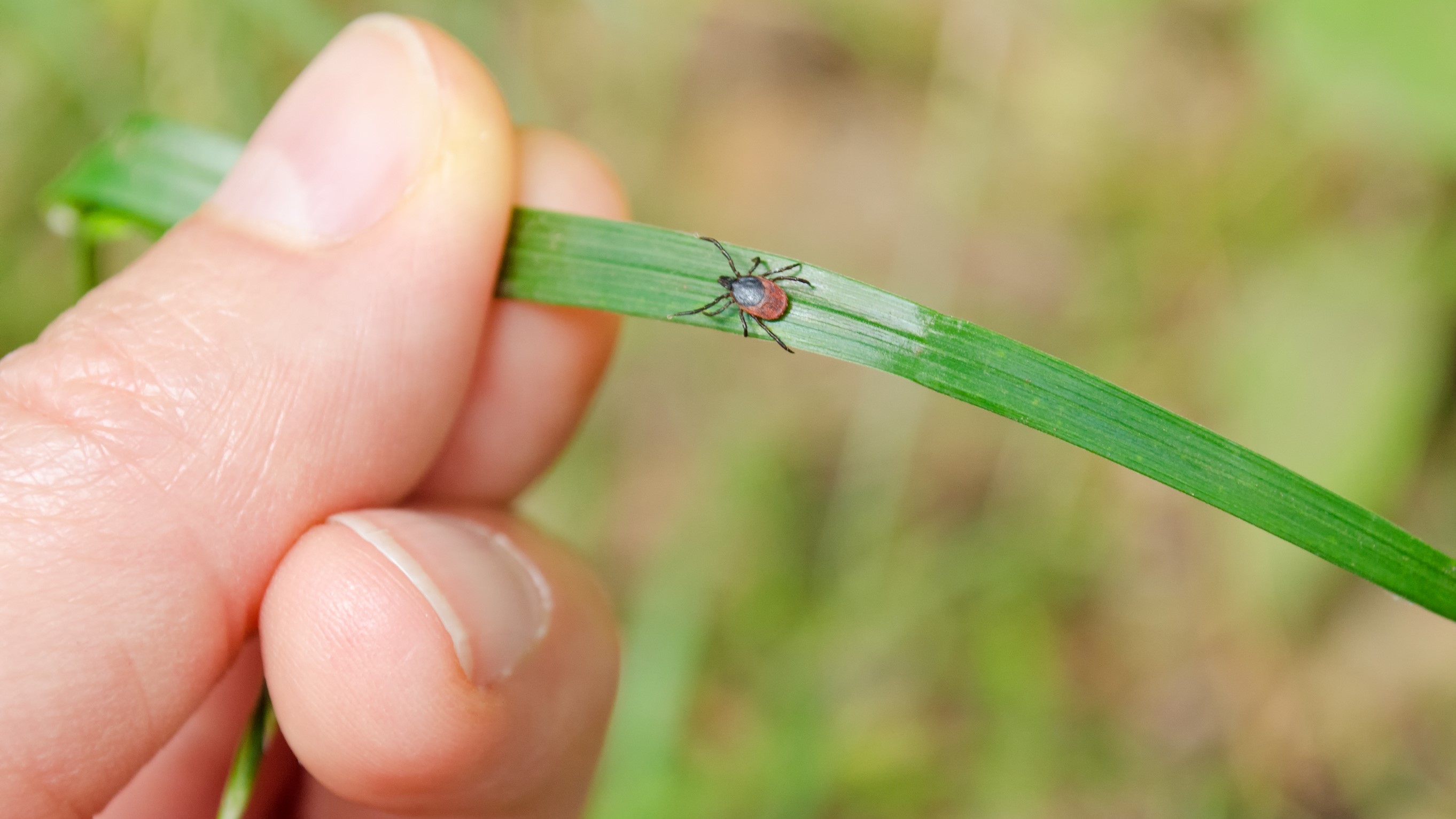
Adventurers hiking, trail running, and mountain biking in the UK have been warned to check carefully for ticks afterwards, after a 50-year-old man contracted a potentially deadly tick-borne disease while cycling off-road in Yorkshire.
This was the first confirmed case of tick-borne encephalitis virus (TBEV) confirmed to have been acquired in the UK, As the Guardian reports, the virus has also been found in Dorset, Hampshire, and Norfolk, with a suspected case near Loch Earn, Scotland.
TBEV is common in many countries, including most of Europe. If you are infected, you may experience no symptoms at all or feel as though you have flu. However, in the worst cases, TBEV can cause serious infection in the central nervous system, and even lead to encephalitis and meningitis.
These latter two conditions are rare, but can be life-threatening without urgent hospital treatment. Elderly people and young children are at greatest risk.
The mountain biker reported fatigue, muscle pain, and a fever five days after being bitten. He seemed to recover, but returned to his doctor a week later suffering headaches and loss of co-ordination. MRI scans showed signs that matched TBEV.
According to the NHS, the best ways to avoid tick bites are to stick to paths where possible when walking outdoors, cover your skin, and tuck your hiking trousers into your socks. Light-coloured clothing will make it easier to spot and remove ticks. You should also use insect repellent (ideally one containing DEET).







